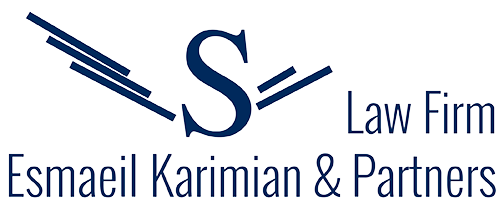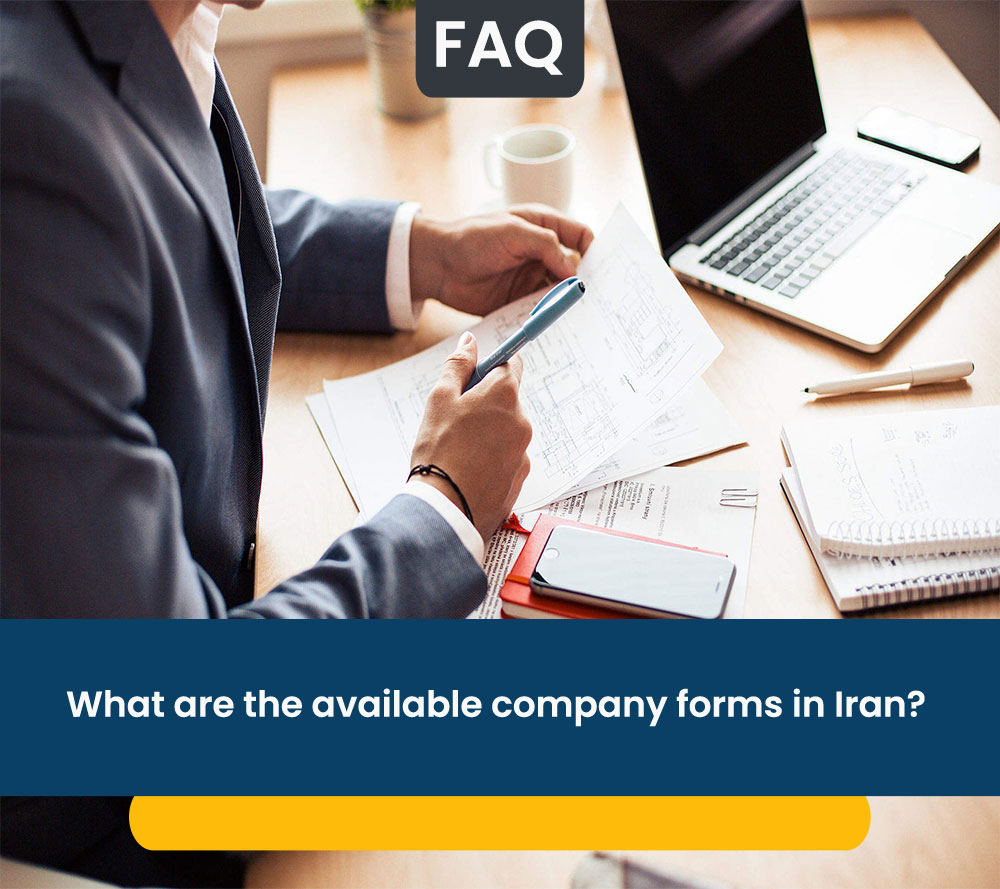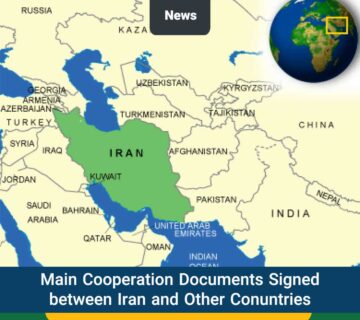In this article you will read:
What are the available company forms in Iran?
Introduction
A major section of Commercial Law of Iran is about different types of companies and their establishment and operation rules. Moreover, there are many practical procedures which is not found in written rules and only corporate lawyers know about them. Using FAQ method, we tried to explain the most important points of Company Law in Iran
Esk Law firm Services
Companies and Corporations Law
What are the available company forms in Iran with limited liability only (excluding public companies)?
There are two kinds of companies in Iran which are popular among the investors and businessmen.
The first one is “Private Joint-Stock” Company, which has articulated rules in Commercial Act of Iran. The minimum number of shareholders required to establish such a company is three. In private joint-stock company, the responsibility of shareholders is limited to the value of their shares.
The second form of company is “Limited Liability” company in which the responsibility of shareholders is limited to the amount of capital that they have brought to the company.
There are two major differences between the two companies:
- first, in “private joint-stock” companies, the charter capital will be divided into the shares and confer to the shareholders based on their contribution. However, in the “limited liability” companies, the amount of each partners’ contribution is defined, but it will not be converted to the pieces of shares.
- Second, transaction of shares in the “private joint-stock” companies does not have any limitation, unless the companies’ statute (articles of association) provides a limitation.
On the other hand, transferring of each partner’s share in “limited liability” companies are subject to consent of shareholders who possess three quarters of the company’s charter capital and also they have majority in numbers. Moreover, transferring of a partner’s share is possible only by drafting an “official deed”.

What are the features of these companies-more specifically
What is the minimum charter capital required by law?
The minimum charter capital required by law for establishment and registration of a company (whether “private joint-stock” or “limited liability”) is 1 million Rials (40 USD).
What are the procedures for registration and documents needed?
From the day you prepare necessary documents for registration, it often takes one month to register a company in Iran. The registration procedure starts by filling up an online application form and then taking the documents to the “Companies Registration Office”.
Required documents for registration is different based on the nature of shareholders and their nationality.

Therefore, (a) For an Iranian natural person the required documents are: a copy of National Card and a copy of Identity Certificate. If the Iranian partner will be a member of board of directors of the company, the “Criminal Clearance Certificate” is also required. (b) A foreign natural person has to provide a copy of his/her Passport (The page that contains identity information).
If the shareholder is a foreign company (legal entity), required documents are:
- Registration permission (must be certified by Iran’s embassy).
- Company’s statute (Articles of Association), (Must be certified by Iran’s embassy).
- Nominating a representative and his/her Power of Attorney certificate.
- If the company’s representative is a foreign person, a copy of his passport is necessary and if the representative is Iranian, his identity card and identity certificate is required.
Is contribution in kind allowed in the charter capital of the company and in which form?
In-kind contribution is allowed in both “private joint-stock” and “limited liability” companies.
Theoretically, an in-kind contribution can consist any valuable things; however, real estate properties are more common.
According to the Iran’s Commercial Act, all in-kind contributions in “private joint-stock” companies have to be valued by an “Official Expert” and shareholders are unable to accept such contributions more the official expert’s appraisal.
On the other hand, in “limited liability” companies, all in-kind contributions are valued by the shareholders.

What are the management bodies of such companies (composition of board of directors, CEO, General Assembly etc)
There are two management bodies in the “private join-stock” companies:
Board of Directors
- Minimum number of directors required for such a company is three.
- They are chosen among shareholders for a period not more than two years; they can unlimitedly be reelected though.
- According to the Iran’s Commercial Act, the first selection of Board of Directors is taking place by all shareholders;
- Reelection of BOD is a responsibility of General Assembly.
- A legal entity can also be a member of BOD; if this is so, it can perform its duties by appointment of a representative.
- Furthermore, Directors must possess the number of shares specified by the company’s statute. Such shares are non-tradable and will be held as a guarantee for their activities.
- Except for those subjects that, according to the Commercial Act, have to be dealt with by the General Assembly, Board of Directors has all the powers to run the company, provided that their decisions are within the scope of the company’s field of activity.
- The Board of Directors must choose a natural person as the company’s CEO.
- Scope of a CEO’s powers, his/her salary and the period during which he/she holds this position will be determined by the BOD.
- The BOD can fire the CEO at any time. CEO will be the representative of the company and will be able to sign a document on behalf of the company.
Our team is composed of highly skilled and versatile lawyers who combine practical experience and academic knowledge of their field. Most of our practitioners have worked in different professional environments, often outside their home jurisdiction.
General Assembly
- In the General Assembly of the company, participation of shareholders who possess half of the company’s shares is necessary.
- If the quorum is not obtained, the shareholders will be invited for the second time and it will be officially held by any numbers of shareholders. Inviting the shareholders to establish the General Assembly is a duty of BOD and it takes place once a year.
- Subjects that should be considered by General Assembly includes, selection of BOD, analyzing profits and losses of the company, properties and debts of the company, analyzing the directors’ and inspectors’ reports, and any other things related to the company’s financial year.
- In “limited liability companies, however, all decisions are taken by those who possess half of the company’s charter capital.
- such majority is not reached, all the shareholders should be invited for the second time and decisions would be taken by those who are majority in number.
- The company’s statute can set up another procedure for taking decisions.
- The director(s) in the “limited liability” companies are chosen by the above-mentioned majority. He/she has all powers to run the company.
- The director or the directors of such company is not required to be selected among the shareholders, moreover, he/she can be selected for unlimited period of time.





No comment